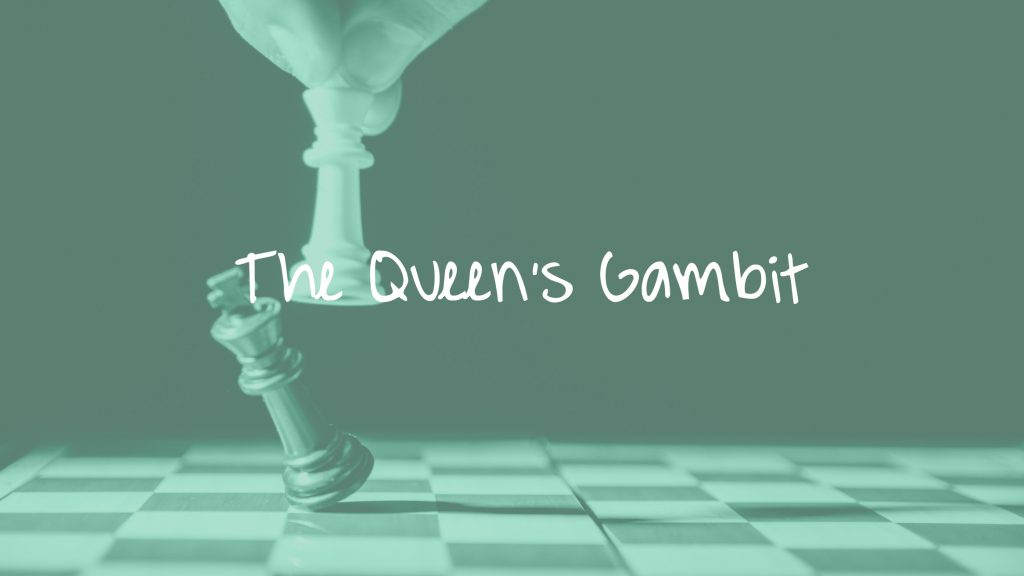|
Getting your Trinity Audio player ready...
|
The Queen’s Gambit is a seven-episode mini-series by Netflix.
Interruptions usually discusses prayer, the book of Revelation, cultural issues, victory in living, and way too much about cats. Interruptions has never endorsed a cable mini-series.
I won’t now but will admit that I watched one that I find binge-worthy.
I really liked The Queen’s Gambit!
The mini-series is about coming of age and personal redemption. The heroine is a genius chess player who almost self-destructs into her ghosts of being an orphan, unloved by most adults, and a spiral into alcohol.
The movie doesn’t overly promote sensuality, but it is there – exploratory and often embarrassing.
Russians are involved in the series.
I’ve been to Russia dozens of times and enjoyed watching a mini-series that doesn’t portray Russians as the obligatory evil protagonist to the American hero. The Russians depicted in the last episode are the ones that I experienced in my real-life encounters.
Beth Harmon, as a child prodigy, blows through the American chess scene, to challenge the Soviets at their own game.
Chess is Russia’s game. In the mid-’90s, while visiting Russia, I remember entering a room in a Russian Culture House (think Performing Arts Center) and seeing enshrined on the walls chess sets with differing moves in tribute to one Grand Master’s victory.
Boring, I thought.
But my interpreter explained the passion of the Russian people for chess. The Queen’s Gambit portrays this intensity showing Russians as passionate, friendly, and with a love for anyone who masters the game – even an American.
I really, really liked the mini-series.
The Queen’s Gambit (an opening move in chess) depicts an entire country ravenous for chess – not basketball or soccer. I’m not sure this intensity for chess in Russia has survived post-Cold War.
Russian youth today are as familiar with the name of Lebron as Kasparov.
The pent-up confidence of the main character, Beth Harmon, who overcomes personal demons, destroys opponents, gets beaten by opponents, and comes back from spiraling addiction – stares at opponents.
Her stare matures with her character, at first timid then unafraid – and thus unnerving. This stare grows through seven episodes to finally focus on the most uplifting 30 minutes of TV that I have watched. Until…
She looks at her final opponent!?!?
What do I know? Some critics throw rotten tomatoes. I have watched the final scenes over and over. At the very end, Beth Harmon stares at you through the camera and says,
“Let’s play!”
Binge watch to that scene and let me know if you really, really, really like it.

